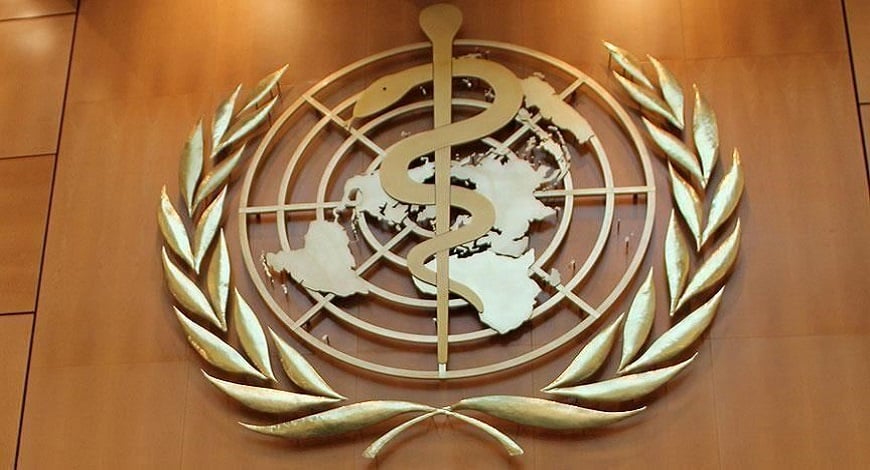Our world economy is built on growth. Governments seek economic growth to compete with other countries and finance public services. Growing companies are praised as our model of success. Consumerism leads individuals to think that more is always better.
Today, growth has become part of the idea of human progress. Yes, growth can have benefits, especially when its positive effects are fairly distributed. But it also has serious drawbacks, including increasing the destruction of nature. As the catastrophic effects of climate change mount, degrowth is gaining popularity as a way to combat these and other environmental problems.
Degrowth could be the approach that gets us to the future we need. Here is the full definition of degrowth, according to economist Timothée Parrique:
“Planned and democratic reductions in production and consumption in rich countries to reduce environmental pressures and inequalities while improving welfare.
With degrowth, the economy focuses on welfare and sustainability rather than growth. Degrowth is a change in values, towards a new sense of success. Instead of focusing on accumulating more money, our shared goal becomes the development of healthy social bonds and ecosystems. Proponents of degrowth tend to look at the action at the company or country level—or even at a broader level. They envision a widespread effort to find another way. The end result could be “post-growth” – a “steady state” economy where both production and consumption are relatively stable. The image below shows what it might look like.
What Is Degrowth?
At the heart of degrowth is the fact that economic growth cannot be separated from material throughput to the extent necessary to reduce resource consumption and keep us in line with planetary boundaries. Failing to shrink our existing capitalist economy, which is only designed to grow – would probably lead to recessions and the dire social consequences that come with them. Rather, degrowth seeks to move to an entirely different kind of economy, one that does not pursue growth or measure success solely in terms of economic expansion, but one that creates an ecologically and socially just society for all.
Degrowth challenges the notion that economic growth should be a social goal and supports other measures of progress, such as the Real Progress Indicator, which separates the notion of social progress from economic growth. There is a pervasive assumption in societies around the world that lives can only be improved through economic growth; our pursuit of it has taken over our way of thinking about the world, and increasing income has become the very object of modern society.
How Businesses Can Pursue?
Achieving regrowth takes place at a societal level: it involves policy change by governments. But companies can also get involved.
At the corporate level, degrowth actions can sound a lot like sustainability. In the report “Post-Growth for Business”, the consulting company Prophil defines the role of society in degrowth as defined as “sustainable environmentally (by respecting planetary boundaries), socially (respecting the social base) and economically (bringing prosperity). ”
It’s a version of sustainability that not every company can recognise, however, notes Professor Ivey and director of the Network for Business Sustainability Jury Gualandris. Sometimes sustainability is defined as improving an existing system – finding ways to reduce damage but essentially maintaining existing products, services, processes and business models.
In degrowth model, companies will need to look for opportunities that contribute to net zero, biodiversity and social justice. This is likely to mean a radical change in products, services, processes and business models if the business was not developed with these goals in mind.
Here are two other specific actions businesses can take:
- Focus On ‘Sufficiency’ Rather Than Efficiency: ‘Sufficiency’, a key concept in degrowth, means ‘enough to meet one’s own needs. When customers consume less, they reduce demand and production (Green growth or eco-efficiency, on the other hand, maintains production levels.) Companies can also be “sufficient” by limiting growth to the right size for their sustainability goals. For example, Lamazuna, which makes household products, has limited its growth to 150 employees and is focusing on providing an ecological model to other companies. Focus on satisfying real needs and don’t create new ones. Part of the democratic emphasis on degrowth is the effort to understand the real needs of the people.
- Spreading Positive Impact: Industries need leaders to follow. Any new direction requires standards and examples: what a recent Harvard Business Review article called “growth-oriented standard setting.” Perhaps your company can provide you with some of these models. For example, Fairphone creates more ethical and repairable phones in the fight against obsolescence and waste. Patagonia and its “anti-growth” strategy promotes sustainable clothing and fights against overconsumption.
In short, degrowth remains a marginal concept, there are certain elements that are beginning to be seen around the world. A number of countries have adopted the four-day workweek in an attempt to improve citizen well-being and improve work-life balance. Six countries, including Scotland, Wales and New Zealand, have recently adopted a “welfare economy that aims to prioritize public and planetary health over economic growth”. While thriving economies share several basic principles of degrowth, they do not explicitly require the shrinking of certain sectors of the economy, which degrowth experts say is essential if we are to stay within planetary boundaries. However, some believe that booming economies offer a path to post-growth concepts such as degrowth and can act as a starting point in restructuring our economy around sufficiency instead of efficiency and excess.









